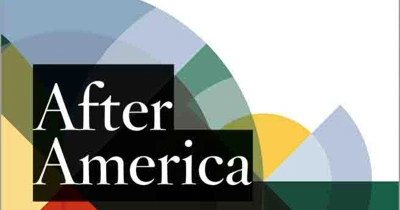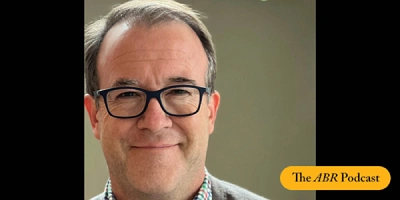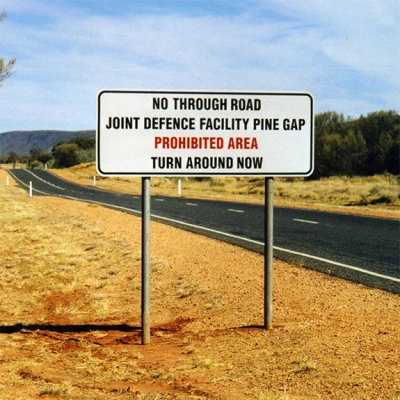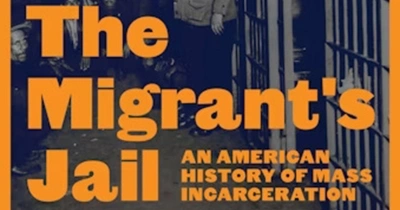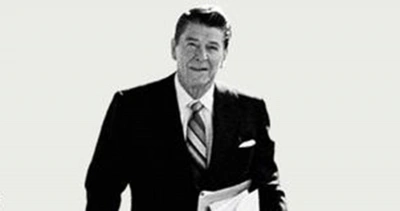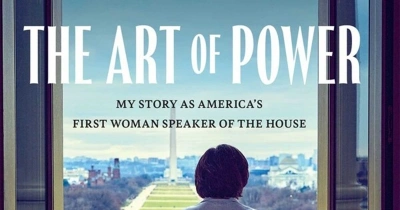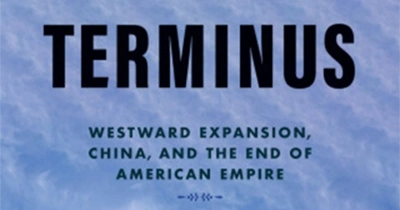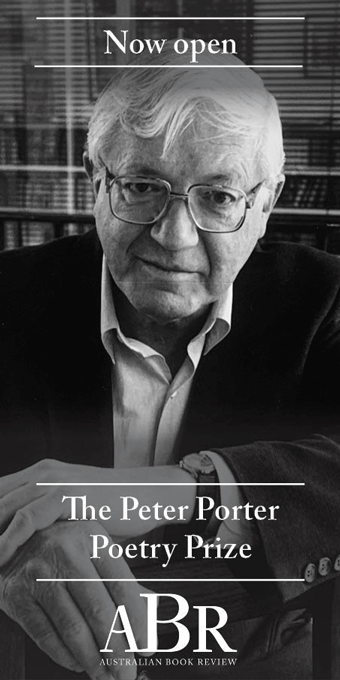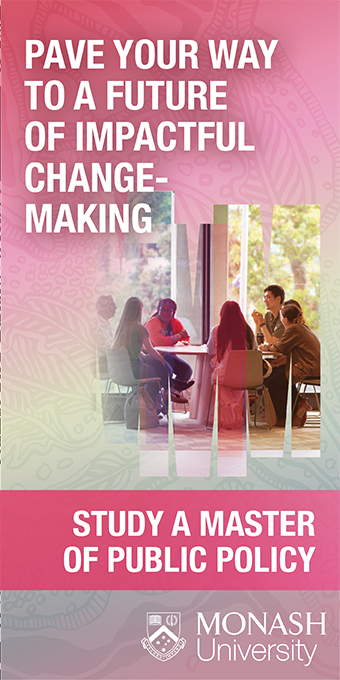United States
This week on the ABR Podcast we feature James Curran’s commentary ‘Balance sheet blues: The pros and cons of Pax Americana coming to an end’. Curran’s focus is the evolving relationship between Australia and America during and beyond Trump’s second administration.
... (read more)The first six months of the second Trump administration have left American allies worldwide, including Australia, in a state of shock and sullen resignation. Shock at the resumption of Trump’s global trade and tariff war, following threats to Canada, Greenland and Mexico, not to mention the harm being done to American institutions and soft power; resignation that US protectionism and the rising demands of Washington on allies to pay more for their own defence are here to stay.
... (read more)The Migrant’s Jail: An American history of mass incarceration by Brianna Nofil
The Art of Power: My story as America’s first woman Speaker of the House by Nancy Pelosi
A recent advertisement in The Guardian headed ‘Can’t get enough of the US election?’ prompted reflections on our seeming obsession with the current presidential campaign. Myriad readers follow the contest closely, almost compulsively. On the hour, we check the major websites for the latest polls or Trumpian excesses. In a way, the election feels more urgent, galvanising, consequential, and downright entertaining then next year’s federal election.
... (read more)

